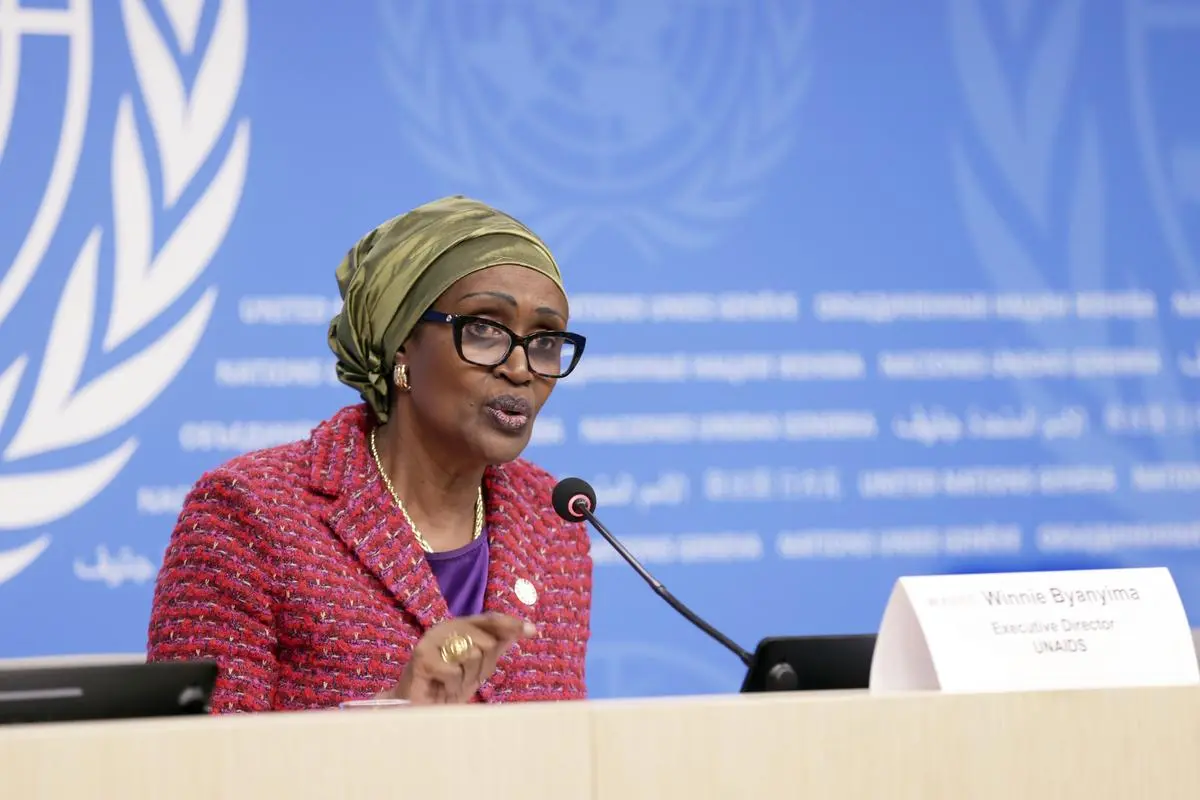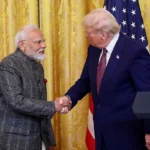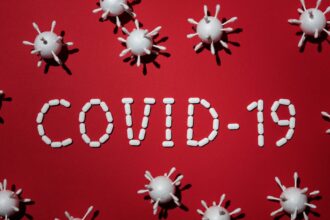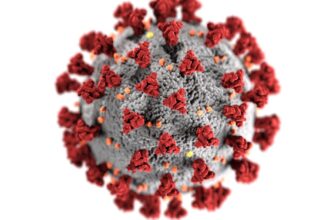The goal to end AIDS as a public health threat by 2030 is now at greater risk due to funding cuts by former U.S. President Donald Trump, said UNAIDS Executive Director Winnie Byanyima.
Speaking in Johannesburg, South Africa, Byanyima said the world was already struggling to meet its targets, with 1.3 million new HIV infections recorded in 2023. She warned that cutting foreign aid would only push efforts further off track.
“Less funding means we will get more and more off-track,” she told reporters after a meeting with South African President Cyril Ramaphosa. South Africa has the world’s largest population of people living with HIV — around 8 million.
In February, the Trump administration slashed billions of dollars in foreign aid. A large part of that money had gone to support HIV/AIDS prevention and treatment programmes in many countries, especially in Africa.
Byanyima said these cuts have already led to fewer people visiting clinics and could soon lead to shortages of life-saving HIV medicines. In South Africa alone, nearly 20% of the HIV budget came from U.S. aid, and services like patient testing and monitoring are already declining.
Community prevention clinics have been shut down in several countries, which will likely cause a rise in new infections. While it’s too early to measure the full impact, the trend is worrying, she said.
Byanyima urged other wealthy nations to step in and fill the funding gap. “This is a disease with no cure or vaccine. But we are making progress,” she said. “So why stop when we are close to success?”
She added that even poorer nations are trying to help, despite being in debt.
Also Read: New COVID Variant ‘Nimbus’ Triggers Panic With ‘Razor Blade Throat’ Symptom










